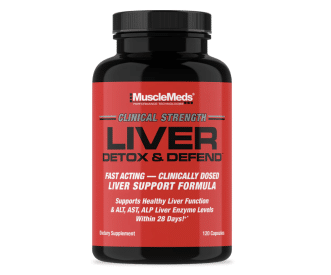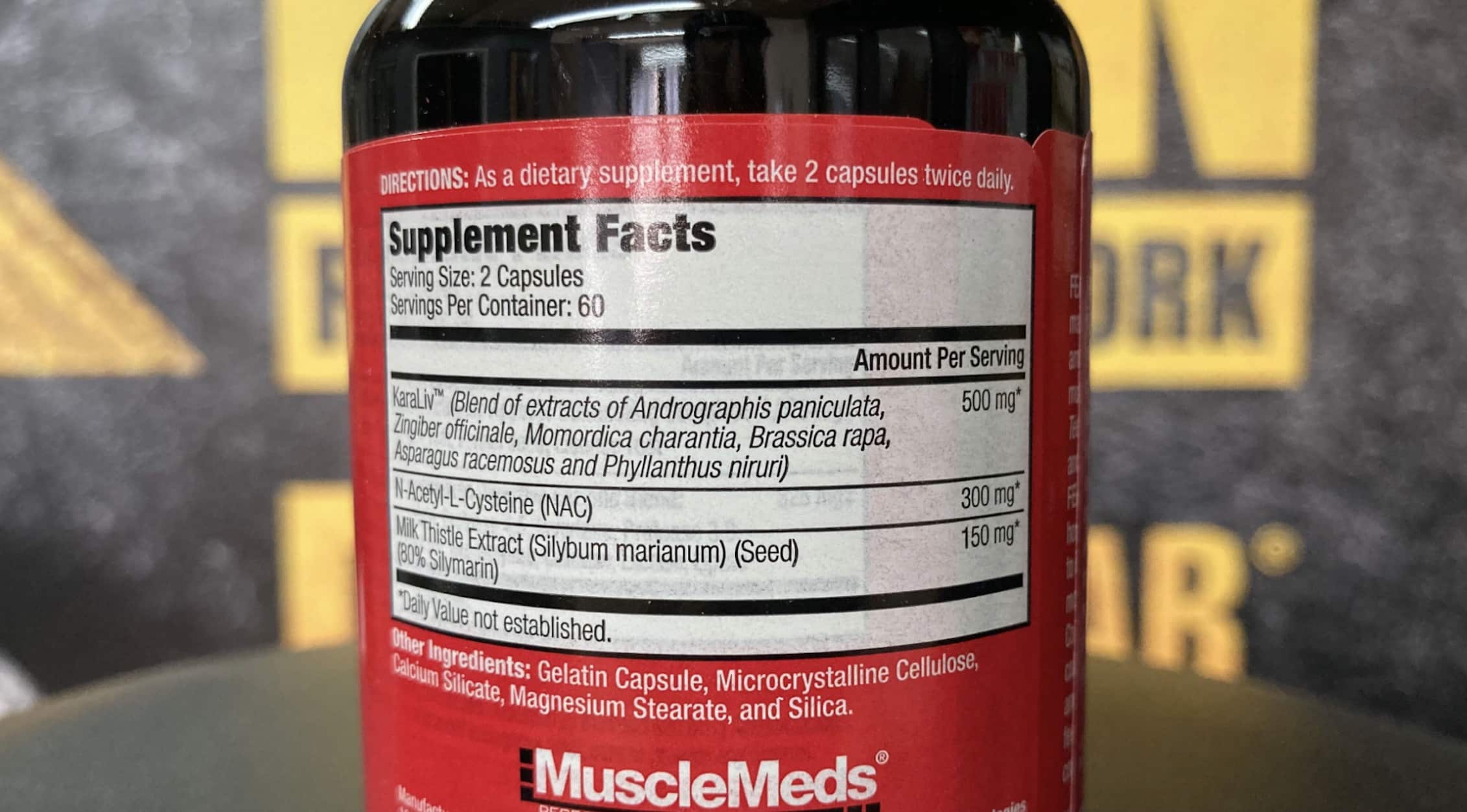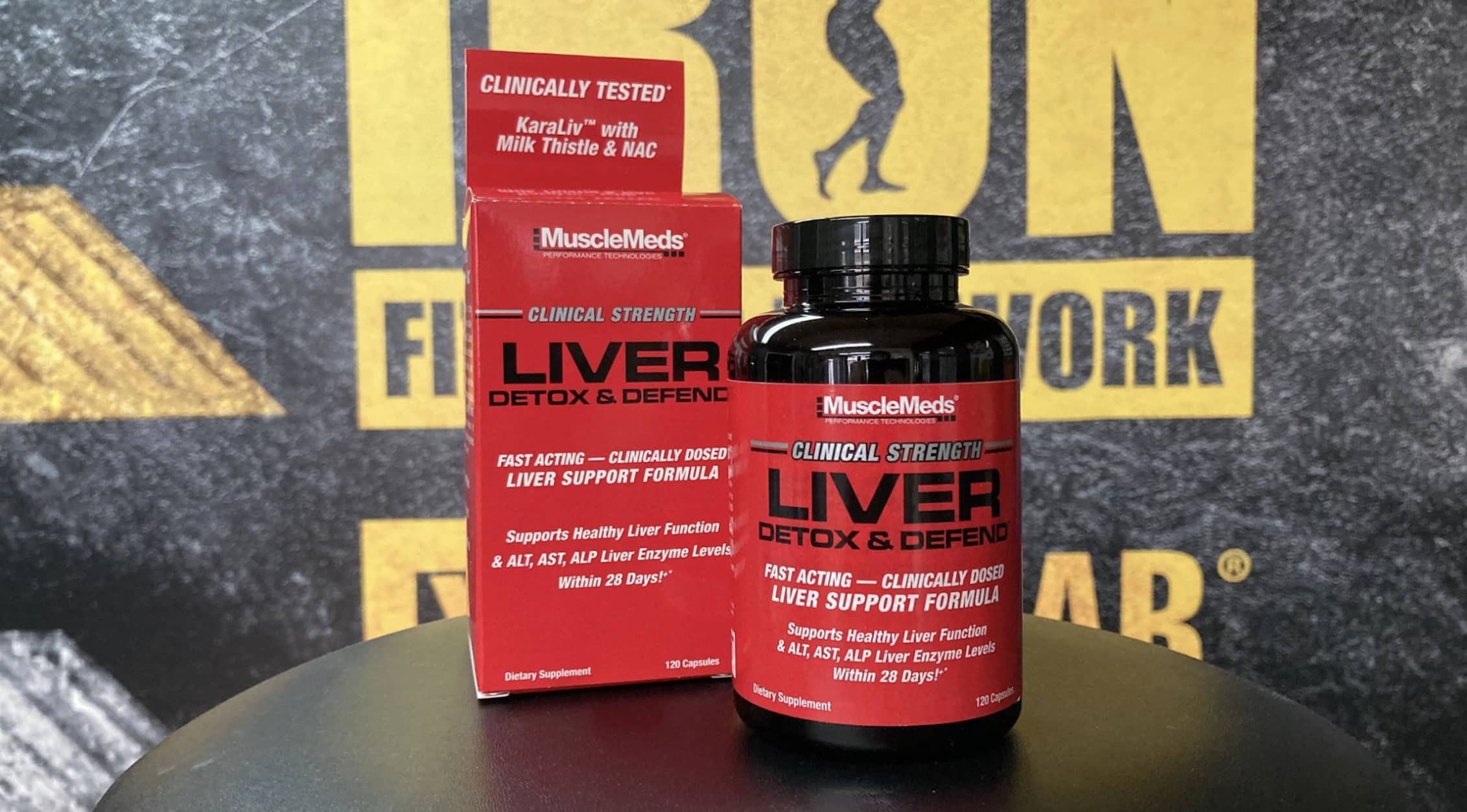Are pain meds actually hurting you?
The liver is one of the most vital organs in the body, performing a myriad of essential functions. That being said, many people think it is only alcohol that will affect the liver, but that is not true, and even OTC pain medications (anti-inflammatories) can have a negative effect on the liver.
But what even does the liver do? How do the anti-inflammatories interact with it? Let’s dive in.
The Liver’s Role in the Body
- Detoxification: The liver detoxifies chemicals and metabolizes drugs. This process produces byproducts that the body can either use or excrete.
- Metabolism: The liver plays a crucial role in carbohydrate, fat, and protein metabolism, converting nutrients into usable forms and storing glycogen for energy.
- Synthesis: It synthesizes proteins necessary for blood clotting (coagulation factors), albumin, and hormones.
- Storage: The liver stores vitamins and minerals, including vitamins A, D, E, K, and B12, as well as iron and copper.
- Immune Function: The liver contains immune cells (Kupffer cells) that help fight infections.
Given these critical functions, maintaining liver health is paramount, especially when using medications that can affect its function.
Types of Anti-Inflammatory Medications
Non-Steroidal Anti-Inflammatory Drugs (NSAIDs)
NSAIDs, including ibuprofen, aspirin, and naproxen, are commonly used to reduce pain and inflammation. They work by inhibiting cyclooxygenase (COX) enzymes, which play a crucial role in inflammation and pain pathways. However, prolonged use can lead to:
- Elevated Liver Enzymes: Indicating liver stress or damage.
- Acute Liver Injury: In severe cases, this can progress to acute liver failure.
Corticosteroids
Corticosteroids, such as prednisone and dexamethasone (not anabolic steroids) are powerful anti-inflammatory agents used to treat autoimmune diseases and severe inflammatory conditions. Long-term use can result in:
- Fatty Liver Disease (Hepatic Steatosis): The accumulation of fat in liver cells.
- Liver Fibrosis and Cirrhosis: Scarring of the liver that can lead to liver failure over time.
Disease-Modifying Anti-Rheumatic Drugs (DMARDs)
DMARDs, like methotrexate and leflunomide, are used for managing rheumatoid arthritis and other autoimmune disorders. Potential liver-related side effects include:
- Hepatotoxicity: Manifesting as elevated liver enzymes, liver fibrosis, and potentially severe liver damage.
Mechanisms of Liver Damage
Direct Hepatotoxicity
Some anti-inflammatory drugs can directly damage liver cells, leading to cell death and impaired liver function. For example, an overdose of acetaminophen (paracetamol) can cause acute liver failure due to the accumulation of toxic metabolites.
Immune-Mediated Hepatotoxicity
Certain medications can trigger an immune response against liver cells, causing inflammation and liver damage. This immune reaction is often observed with drugs like methotrexate.
Oxidative Stress
Anti-inflammatory medications can induce oxidative stress by generating reactive oxygen species (ROS). These ROS can damage liver cells and tissues, leading to inflammation and fibrosis.
Inhibition of Hepatic Enzymes
Some drugs can inhibit liver enzymes responsible for metabolizing medications, leading to the buildup of toxic metabolites that can harm the liver.
Symptoms of Liver Damage
Liver damage from anti-inflammatory medications can present with various symptoms, including:
- Jaundice: Yellowing of the skin and eyes.
- Fatigue: General feeling of tiredness and weakness.
- Nausea and Vomiting: Digestive disturbances.
- Abdominal Pain: Discomfort in the upper right side of the abdomen.
- Dark Urine and Pale Stools: Changes in urine and stool color.
- Elevated Liver Enzymes: Detected through blood tests.
Preventive Measures and Liver Protection
To reduce the risk of liver damage from anti-inflammatory medications:
- Follow Prescribed Dosages: Adhere to the recommended dosages and avoid self-medication.
- Regular Monitoring: Get regular blood tests to monitor liver function.
- Limit Alcohol Consumption: Alcohol can exacerbate liver damage.
- Healthy Lifestyle: Maintain a balanced diet and engage in regular exercise to support overall liver health.
MuscleMeds Liver Detox & Defend: A Recommended Supplement
Keep your liver safe and protected at all times with this great supplement from MuscleMeds. All natural, and designed to keep you safe. Check it out.
To further protect the liver from potential damage caused by anti-inflammatory medications, consider using a liver detox supplement like MuscleMeds Liver Detox and Defend.
Key Ingredients and Benefits
- KaraLiv™
- Proprietary Blend: Includes herbal extracts like Momordica charantia, Phyllanthus niruri, Andrographis paniculata, Brassica rapa, Asparagus racemosus, and Zingiber officinale.
- Liver Enzyme Reduction: Clinically proven to reduce liver enzymes and support healthy liver functions.
- Milk Thistle
- Hepatoprotective Properties: Acts as an antioxidant, anti-inflammatory, and antifibrotic agent.
- Liver Cell Protection: Shields liver cells from toxins, aids in liver regeneration, and reduces inflammation.
- N-Acetylcysteine (NAC)
- Glutathione Precursor: Enhances the production of glutathione, a powerful antioxidant.
- Liver Function Enhancement: Protects against liver toxicity and supports overall liver health.
Recommended Usage
For optimal efficacy, MuscleMeds Liver Detox & Defend provides clinically studied doses of KaraLiv, NAC and Milk Thistle These ingredients have been studied extensively with promising data on helping to detoxify and protect your liver. While many products contain NAC and Milk Thistle they are often under dosed.
MuscleMeds Liver Detox & Defend provides efficacious doses. And while NAC and Milk Thistle are effective, the shining star to this formula is KaraLiv and natural botanical which has been shown to significantly reduce the liver enzymes ALT, AST and ALP in just 28 days. These reductions in liver enzymes are an indicator of improved liver health and function. Results like this are very promising for anyone looking to protect and restore liver function. Based on our extensive review of the liver support supplement market, we rank MuscleMeds Liver Detox & Defend at the top for efficacious, scientifically proven liver support.
- 1,000 mg of KaraLiv™
- 300 mg of Milk Thistle
- 600 mg of NAC
Taken twice daily, this combination of natural ingredients offers a safe and effective way to cleanse, detoxify, repair, and restore liver health.
Further Supporting Liver Health
Diet and Nutrition
In addition to supplements, diet plays a significant role in liver health. Consuming a diet rich in antioxidants, vitamins, and minerals can support liver function. Foods that are particularly beneficial include:
- Leafy Greens: Spinach, kale, and other leafy greens contain chlorophyll, which aids in detoxification.
- Cruciferous Vegetables: Broccoli, Brussels sprouts, and cauliflower boost liver enzyme production and help eliminate toxins.
- Berries: Blueberries, strawberries, and raspberries are rich in antioxidants that protect liver cells from damage.
- Nuts and Seeds: Walnuts, flaxseeds, and chia seeds provide healthy fats and nutrients that support liver health.
Hydration
Staying hydrated is essential for liver function. Water helps flush toxins from the body and supports the liver’s detoxification processes. Aim for at least eight glasses of water a day, and consider incorporating herbal teas known for their liver-supportive properties, such as dandelion root tea and milk thistle tea.
Exercise
Regular physical activity helps maintain a healthy weight, reducing the risk of fatty liver disease. Exercise also improves circulation and supports the body’s detoxification processes. Aim for at least 150 minutes of moderate-intensity exercise, such as brisk walking or cycling, each week.
Avoiding Toxins
Minimizing exposure to environmental toxins can reduce the burden on the liver. This includes avoiding excessive alcohol consumption, limiting the use of harsh chemicals in household cleaning products, and choosing natural and organic personal care products.
Conclusion
Anti-inflammatory medications are essential for managing pain and inflammation, but their potential to cause liver damage necessitates careful monitoring and preventive measures. Regular liver function tests, adherence to prescribed dosages, and maintaining a healthy lifestyle are crucial. Additionally, incorporating a supplement like MuscleMeds Liver Detox & Defend can provide further protection and support, ensuring your liver remains healthy and resilient.
By understanding the importance of the liver and taking proactive steps to protect it, individuals can continue to benefit from anti-inflammatory medications while minimizing the risk of liver damage. Prioritizing liver health through a combination of medical supervision, lifestyle choices, and supplementation will help maintain overall well-being and support the body’s vital functions.
Which other bodyweight exercises should be on the list? Let us know in the comments below. Also, follow Generation Iron on Facebook, Twitter, and Instagram!












